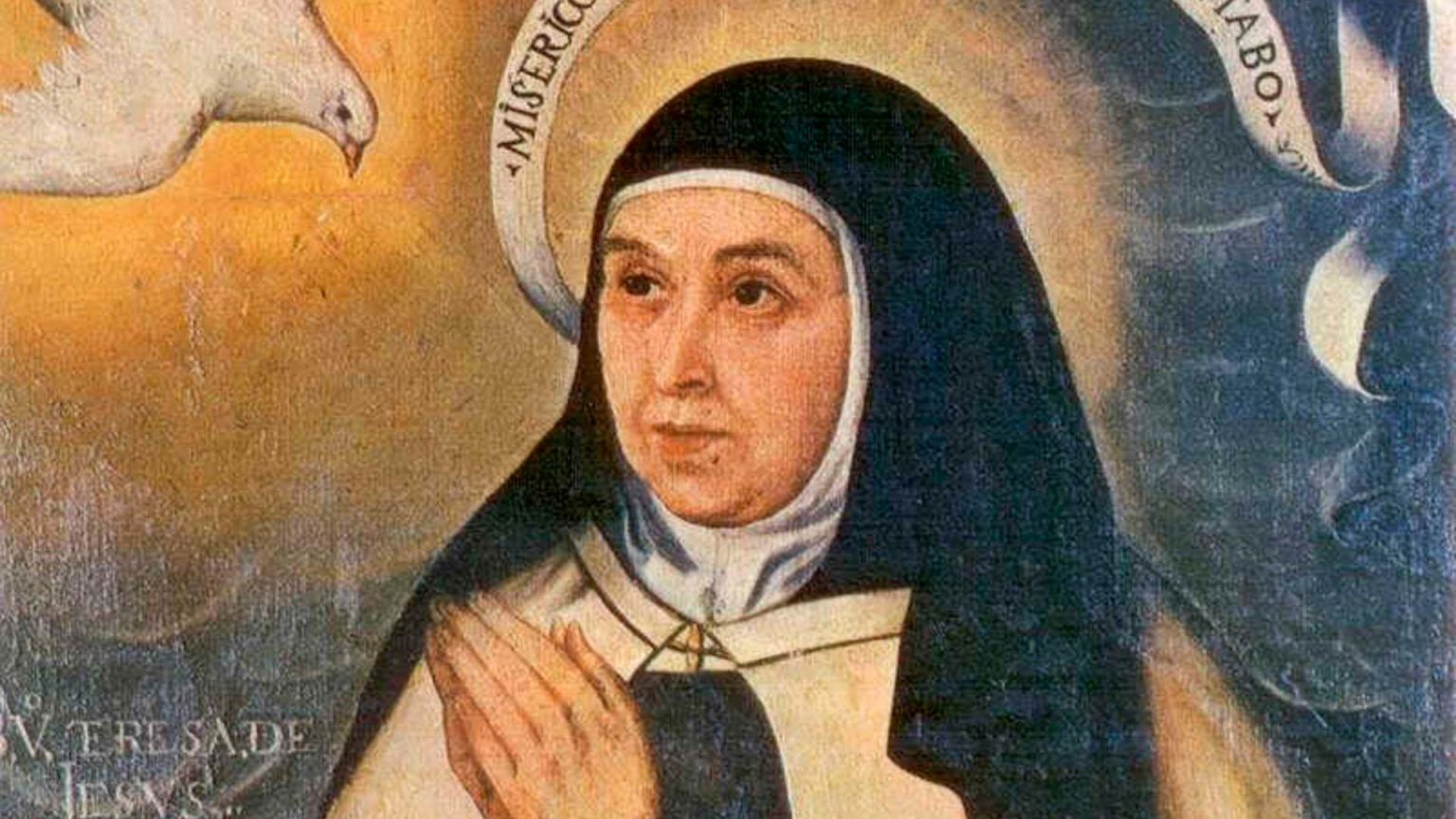Women writers, a literary subcategory
«Although I understand that the campaign is meant to counter centuries of invisibility, at bottom it seems to me that the lesbian executive that Kristin Scott Thomas plays is right: literature written by women becomes a subsection, a subcategory of literature»

Wikimedia Commons
Last week was Women Writers’ Day. It’s celebrated every Monday nearest to the 15th October, which is the day that Saint Teresa died. In The Life of Saint Teresa by Herself, her memoirs were prompted by the request that she make a confession that would explain clearly what «favours» the Lord bestowed on her. And she sits down and writes. The initiative #YoLeoAutoras (I ReadWomenAuthors) is not a very old one—it dates from 2016, according to Wikipedia—-and its intentions are good (emulating, incidentally, the campaign launched on social media by the writer Joanna Walsh, @Read_Women). That there should be a Women Writers’ Day is a little like the prize that Kristin Scott Thomas receives on Fleabag, a prize for businesswomen, «It’s infantilising bollocks», she says of the award. «It’s ghettoising. It’s a subsection of success. It’s the f——g children’s table of awards.» Although I understand that the campaign is meant to counter centuries of invisibility, at bottom it seems to me that the lesbian executive that Kristin Scott Thomas plays is right: literature written by women becomes a subsection, a subcategory of literature. The writer Jimina Sabadú wrote along the same lines on Instagram, in response to a challenge to read works with different features written by women : «We are authors, not charity projects.»
This may all seem like an exaggeration, or lack of gratitude, or a sign that they are not good feminists, who do not understand the importance of making it known that for centuries women writers used men’s names in order to get their books published and make light of rules when women were not supposed to read or write; or who were like Saint Teresa, suspect for, among other things, founding a religious order that could parallel the Church or being a conversa [a convert to Christianity]. On Sunday, in El País, Alex Vicente interviewed the writer Ali Smith, whose novel Otoño (orig. Autumn) was just published by Nórdica; Smith said: «I know I am fortunate enough to live in a time that is fairer to women, including those who write for a living, Although, to be perfectly honest, when it comes down to the everyday act of writing you are only a person locked in a room and facing the challenges posed by the text that you are in dialogue with.»
Without a doubt, the initiative is well-meaning; it even constitutes defense of a noble cause: equality. In the Unidas Podemos party they launched a campaign in which a slew of men proudly recommend reading women authors, from Dulce Chacón to Andrea Abreu, with Susan Sontag along the way; one of them recommends Sontag with the same attitude I would have if I were to say that I spent the last weekend going over Hegel’s Phenomenology of the Spirit. The truth is, I imagine they are hoping that we will thank them, they read women. Not only do they read them, they even recommend them. Sabadú, who anticipated the pandemic in her novel Las Palmeras (The Palm Trees), also got out ahead of everyone else when she saw that if you wanted to cross the line between promoting a good cause and collecting for charity all you needed was a bit of arrogance.

